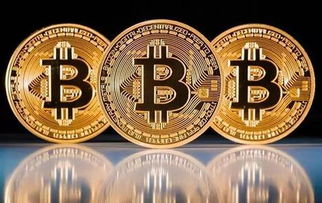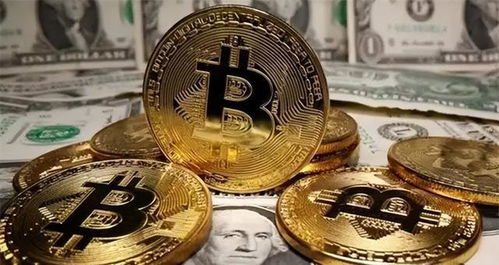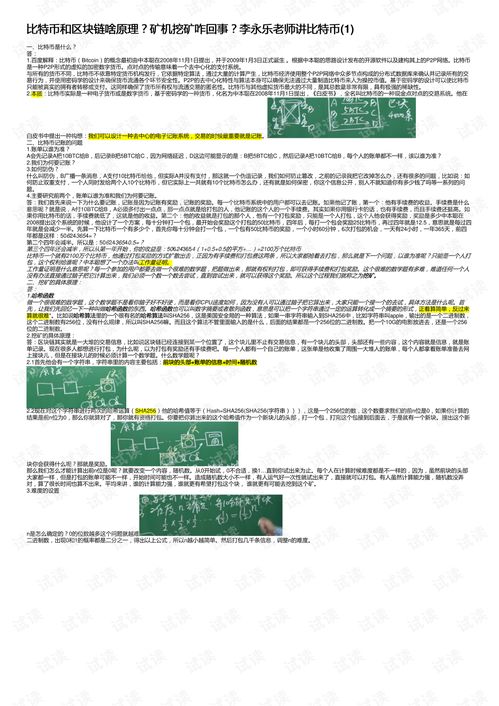Introduction to Bitcoin: A Digital Revolution

Bitcoin, a term that has become synonymous with digital currency and blockchain technology, has been a topic of great interest and debate in recent years. As an English teacher, I often find myself explaining the concept of Bitcoin to my students, who are increasingly curious about this revolutionary technology. In this article, I will delve into the basics of Bitcoin, its history, and its potential impact on the future.
What is Bitcoin?

Bitcoin is a decentralized digital currency, created in 2009 by an unknown person or group of people using the pseudonym Satoshi Nakamoto. Unlike traditional fiat currencies, Bitcoin is not controlled by any central authority, such as a government or central bank. Instead, it operates on a peer-to-peer network, allowing users to send and receive payments directly without the need for intermediaries.
The Blockchain: The Foundation of Bitcoin

The blockchain is the underlying technology that powers Bitcoin and other cryptocurrencies. It is a decentralized ledger that records all transactions made in the network. Each transaction is grouped into a block, which is then added to the chain in a linear, chronological order. This ledger is maintained by a network of computers, known as nodes, which work together to validate and secure the transactions.
How Bitcoin Works

When a user wants to send Bitcoin to another user, the transaction is broadcast to the network. Nodes then validate the transaction by checking that the sender has sufficient funds and that the transaction is legitimate. Once the transaction is validated, it is added to a new block, which is then added to the blockchain. This process is known as mining, and it requires significant computational power to solve complex mathematical problems.
The Value of Bitcoin

The value of Bitcoin is determined by supply and demand, much like traditional fiat currencies. However, Bitcoin has a finite supply of 21 million coins, which makes it a deflationary asset. This scarcity has contributed to the rising value of Bitcoin over the years, as more people recognize its potential as a store of value and a hedge against inflation.
The Controversies Surrounding Bitcoin

Despite its growing popularity, Bitcoin has faced numerous controversies. Critics argue that it is volatile, unstable, and not a reliable store of value. They also point to the environmental impact of mining, which requires a significant amount of electricity. Additionally, Bitcoin has been associated with illegal activities, such as money laundering and cybercrime, which has raised concerns about its legitimacy.
The Potential of Bitcoin

Despite the controversies, Bitcoin has the potential to revolutionize the financial industry. Its decentralized nature allows for faster, cheaper, and more secure transactions, which could benefit individuals and businesses alike. Moreover, Bitcoin's blockchain technology has the potential to be applied to various other industries, such as supply chain management, healthcare, and voting systems.
The Future of Bitcoin

The future of Bitcoin remains uncertain, but it is clear that it has the potential to change the way we think about money and finance. As more people become aware of its benefits and as regulatory frameworks continue to evolve, Bitcoin could become a more widely accepted form of currency. Only time will tell how Bitcoin will shape the future of our economy.
Conclusion

Bitcoin is a fascinating and complex topic that continues to generate debate and intrigue. As an English teacher, I find it essential to help my students understand the basics of this digital revolution and its potential impact on our lives. By exploring the history, technology, and controversies surrounding Bitcoin, we can better appreciate its significance and prepare for the future.
